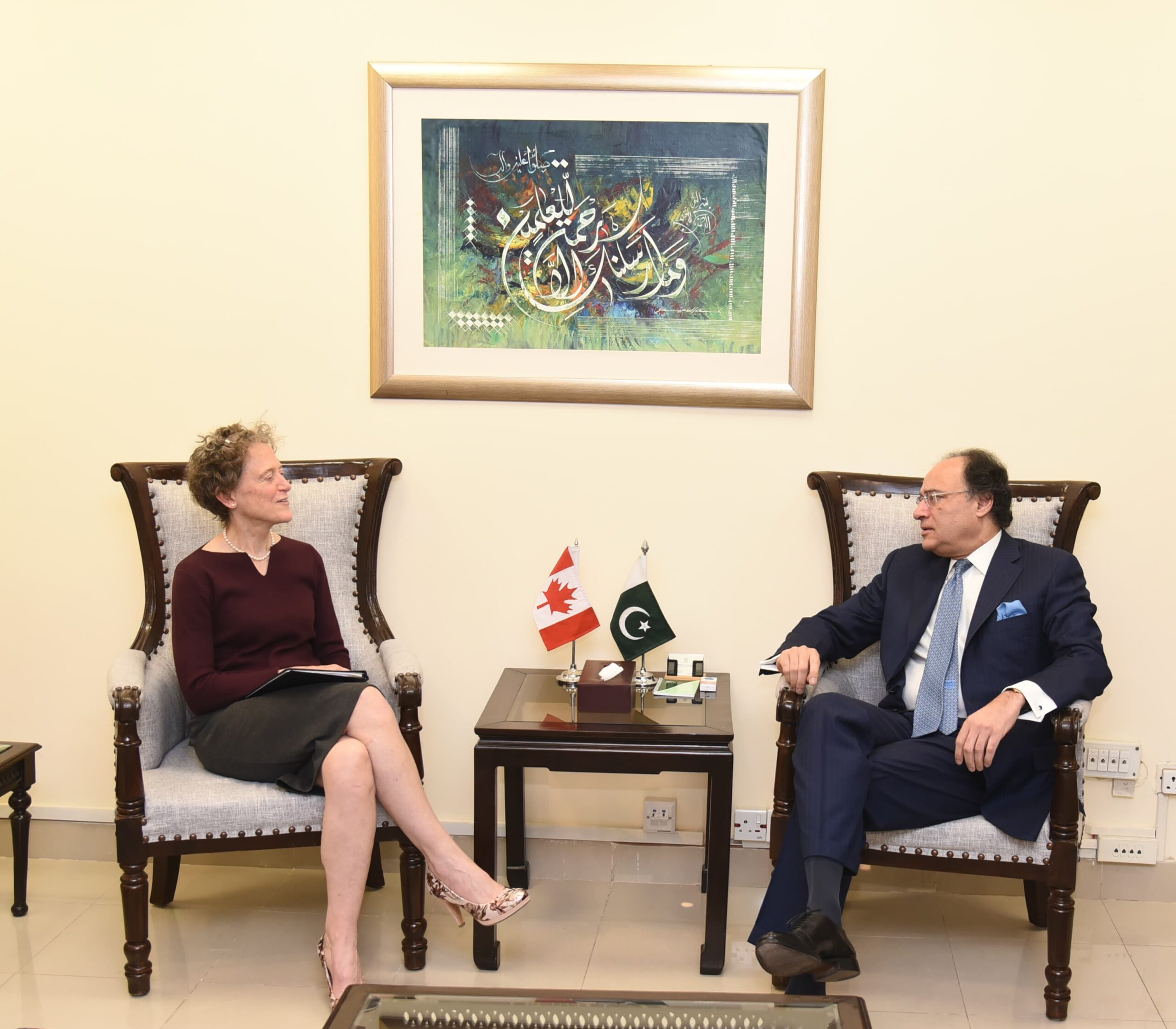Ministry of Finance has implemented stringent measures, barring all ministries and divisions from submitting summaries to the Federal Cabinet in violation of commitments made with the International Monetary Fund (IMF). Reliable sources have revealed that Secretary Finance, Imdadullah Bosal, conveyed this message to all Secretaries and Additional Secretaries in charge of ministries, well in advance of the IMF Team’s second review of the Stand-By Arrangement (SBA) scheduled for February 2024.
The upcoming SBA review is crucial, requiring the fulfillment of commitments, including Structural Benchmarks, Quantitative Performance Criteria, Indicative Targets, and other obligations for the second quarter, as agreed with the IMF. According to Secretary Finance, these commitments are paramount to maintaining the program’s momentum and achieving fiscal targets.
Following the completion of the First Review of the SBA for Pakistan, the IMF highlighted the program’s focus on implementing the FY 24 budget to facilitate necessary fiscal adjustments and advancing structural reforms, particularly in the energy sector. Secretary Finance emphasized that Pakistan’s SBA with the IMF involves several commitments crucial for macroeconomic stability and fiscal target achievement.
The government has committed to refraining from supplementary grants for unbudgeted spending, avoiding new preferential tax treatments or exemptions, not granting further tax amnesties, and refraining from introducing subsidy or cross-subsidy schemes in FY 24 and beyond. Secretary Finance urged Principal Accounting Officers of ministries to ensure that proposals conflicting with these commitments are not submitted to competent fora.
To ensure compliance, Principal Accounting Officers have been instructed to bring IMF commitments to the attention of institutions and autonomous bodies under the administrative control of their ministry/division. Additionally, authorities have informed the IMF about accelerating various programmed structural reforms with the support of the World Bank, ADB, and other donors, aiming to reduce losses, improve governance, and enhance the energy mix in FY24.
The government may seek IMF approval for a proposed tariff rationalization plan aimed at reducing the electricity tariff to cents 9/kWh from cents 14/kWh, involving the withdrawal of cross subsidies amounting to Rs 240 billion. This move aligns with broader efforts to meet IMF commitments and strengthen the country’s economic stability.




